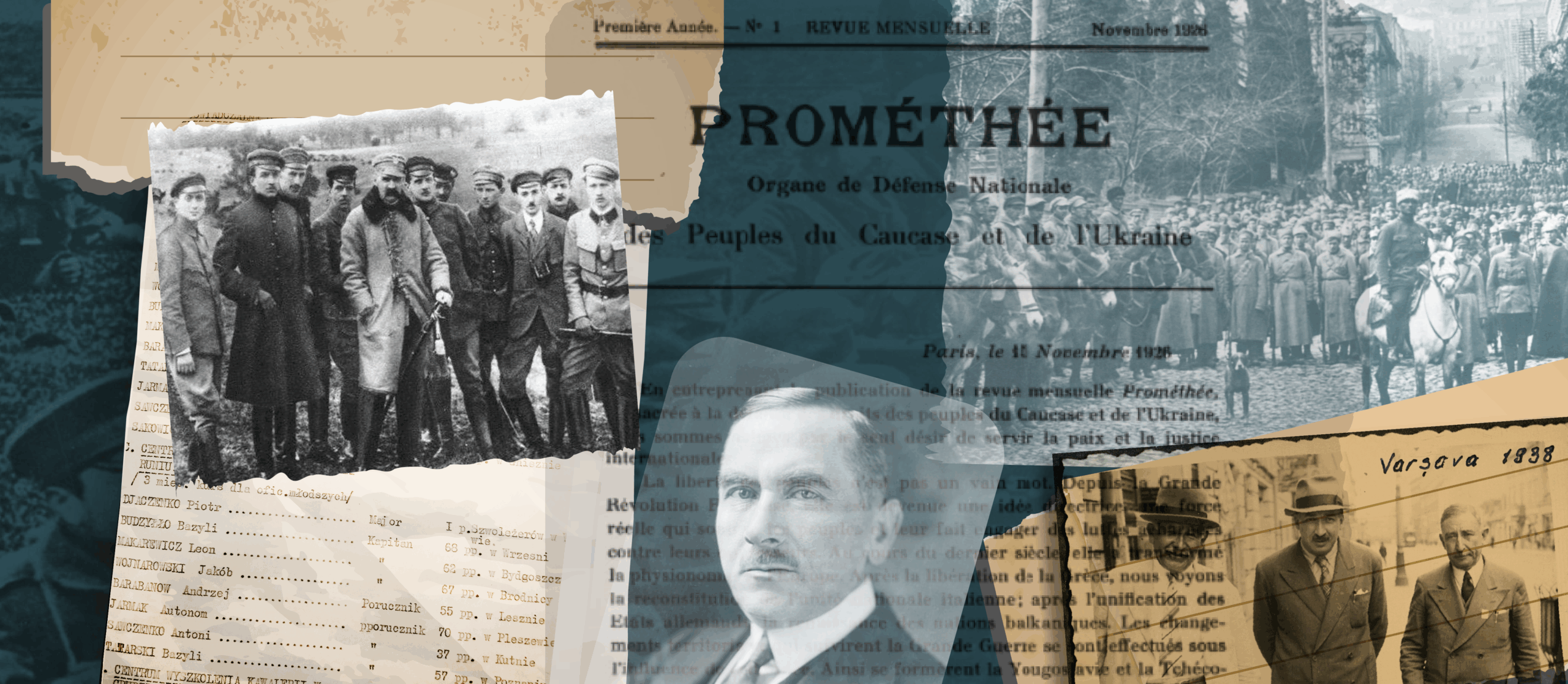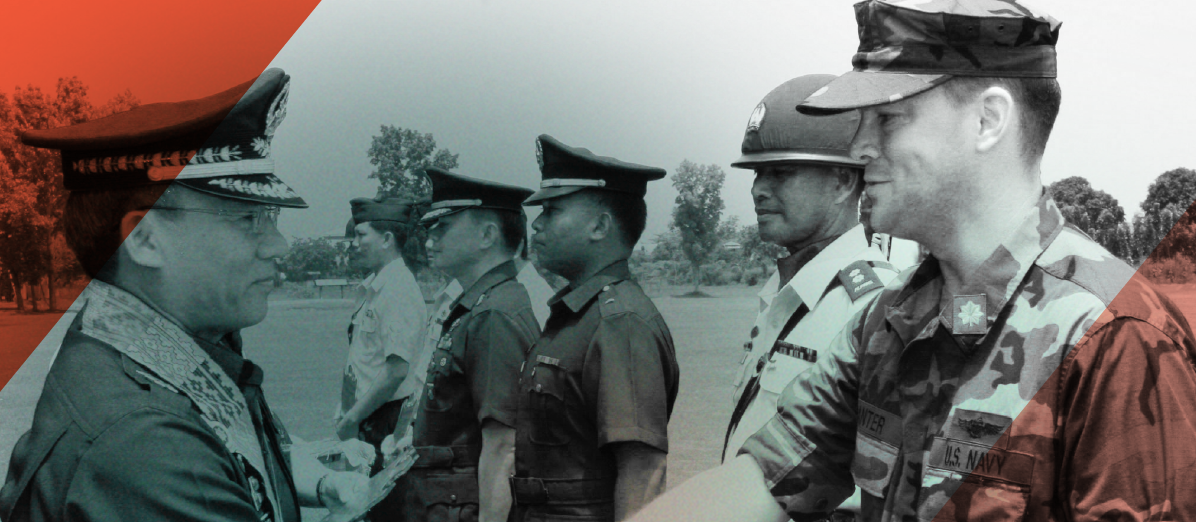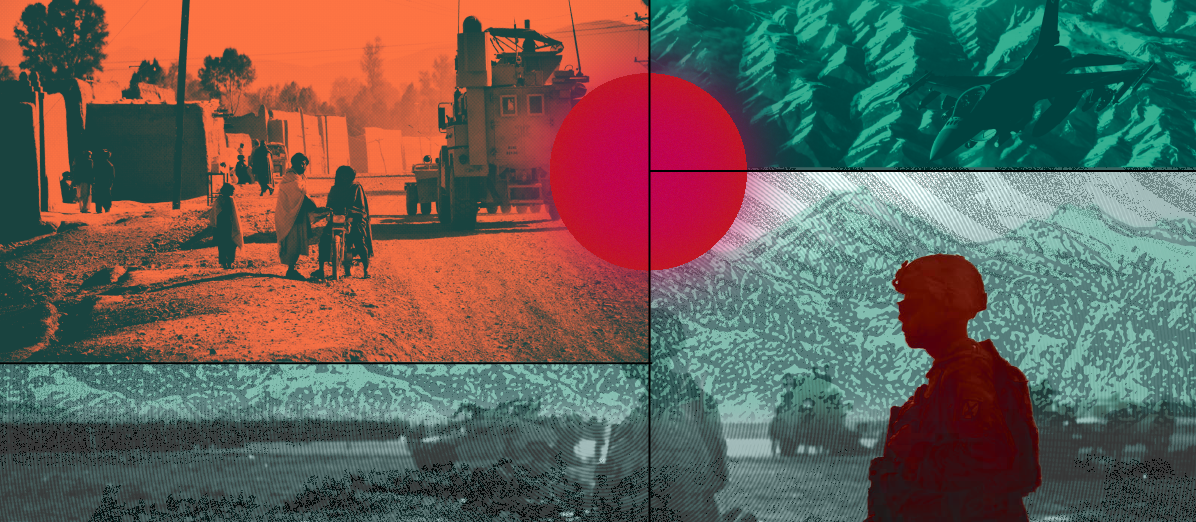A nation must think before it acts.
Publications
Covert Action: Evaluating the Future Leadership of US Strategic Covert Operations
Two recent essays published by the Center for the Study of Intelligence and Nontraditional Warfare at the Foreign Policy Research Institute (FPRI) rekindle interest in a perennial debate about whether covert action, particularly paramilitary operations, and other capabilities related...
Read more »Will Russia’s Political Warfare Operations in the Balkans Fuel Its Next War?
Russia’s Balkan Approaches Since the full-scale Russian invasion of Ukraine in 2022, Russia’s involvement in Eastern Europe has garnered greater attention. Unlike the brutal territorial conquest and destruction seen in Ukraine, Russia’s methods in southeastern Europe are more subtle,...
Read more »Reimagining Irregular Warfare: The Case for a Modernized OSS 2.0
A rebuttal to J.R. Seeger’s “A New Office of Strategic Services?” published by FPRI in May 2025. A recent piece in the Foreign Policy Research Institute (FPRI) penned by a retired Central Intelligence Agency (CIA) officer argues against proposals...
Read more »Prometheism: A Polish Covert Action Program
Key Findings Between World War I and II, Poland conducted a covert action program known as Prometheism to undermine the Soviet Union by supporting the national independence movements of non-Russian peoples within its borders. Poland hoped this program could...
Read more »A New Office of Strategic Services?
Introduction In the past six months, two different opinion pieces, here and here, have raised the possibility of reviving the Office of Strategic Services (OSS). These recommendations are by no means new. Over the past 80 years, there have...
Read more »The People Are the Key: Irregular Warfare Success Story in the Philippines
Introduction The terrorist attacks of September 11, 2001, “turned the international order upside down” by showing the world that a small non-state group can have a disastrous impact on a superpower. For years before 9/11, al Qaeda and similar...
Read more »Counterterrorism Shortcomings in Mali, Burkina Faso, and Niger
Policy Problem As the global epicenter of Salafi-jihadi activity, the Sahel in 2023 accounted for 26 percent of global terrorist attacks, which caused 47 percent of terrorist-related deaths. Burkina Faso is ranked as the country most affected by terrorism...
Read more »Iatrogenic Influence in Information Operations: Lessons from the Global War on Terror
This report was initially presented as a paper at the Post-9/11 Irregular Warfare Lessons Learned Conference in Annapolis, Maryland from September 17-18, 2024. The conference was sponsored by FPRI’s Center for the Study of Intelligence and Nontraditional Warfare and the Department...
Read more »Iraq’s Unfinished War: Security in the Post-Saddam Era
This report was initially presented as a paper at the Post-9/11 Irregular Warfare Lessons Learned Conference in Annapolis, Maryland from September 17-18, 2024. The conference was sponsored by FPRI’s Center for the Study of Intelligence and Nontraditional Warfare and...
Read more »A Critical Analysis of the US Army’s Security Force Assistance Mission During the War on Terror
Key Findings The U.S. Army struggled to build capable host-nation security forces in Iraq and Afghanistan because it did not give those security force assistance (SFA) missions the priority and support they deserved. Both the selection and training...
Read more »










